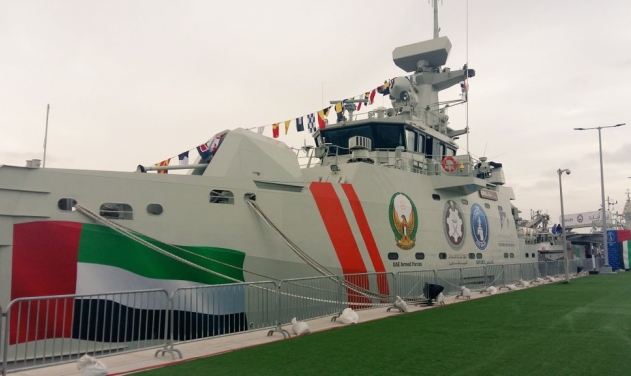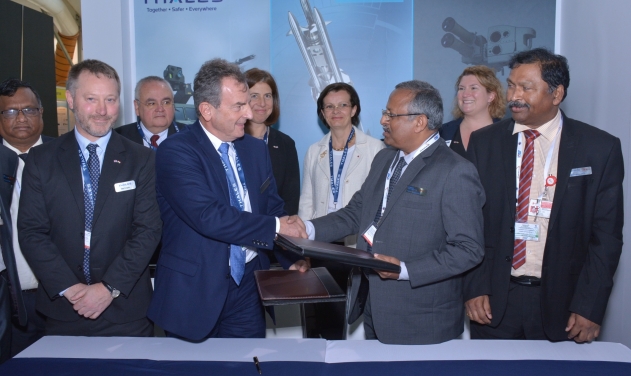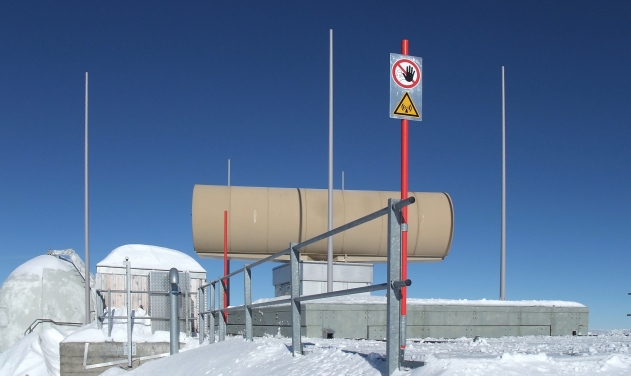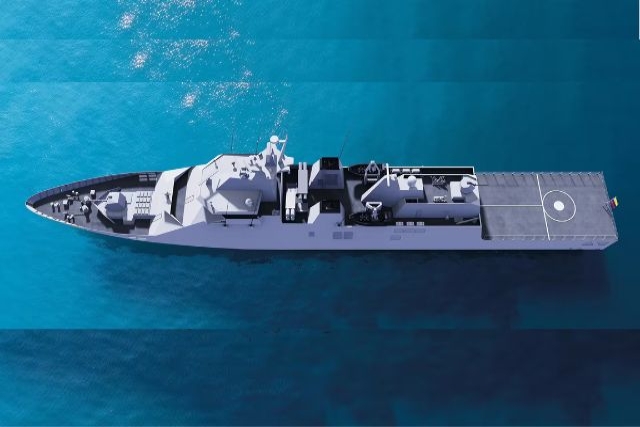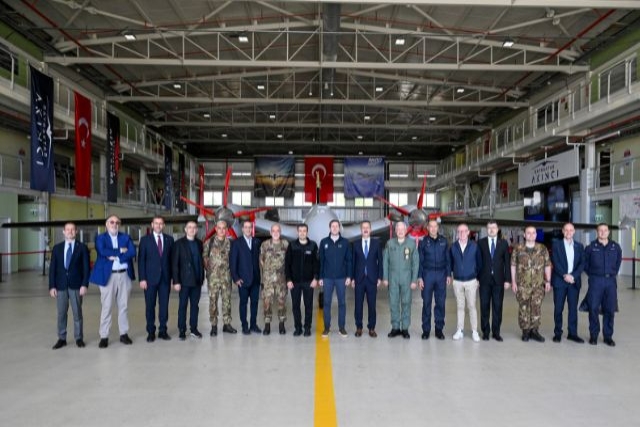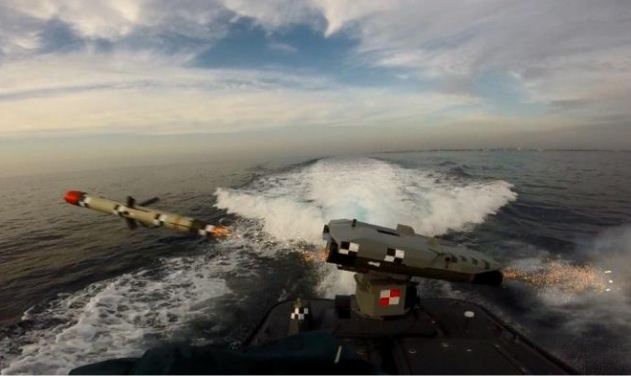Aireon, Thales Begin Space-Based ADS-B Data Validation
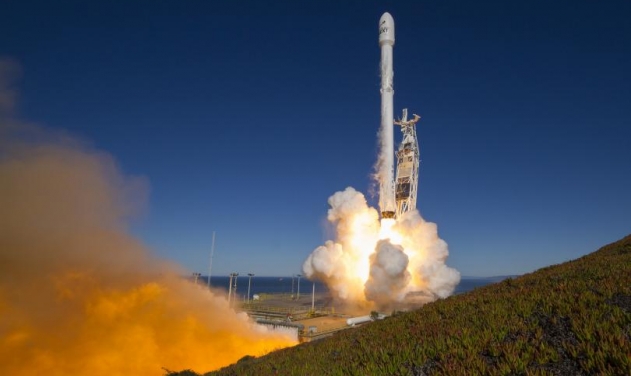
Thales has started testing and validation of the Aireon space-based Automatic Dependent Surveillance – Broadcast (ADS-B) data.
The data validation started initially after signing a Memorandum of Understanding (MOU) in June of 2015. It was signed in order to ensure the integration of space-based ADS-B into the TopSky–ATC automation platform, Aeron announced today in a statement today.
The MOU was also designed to pave the way for efficient distribution of Aireon data to TopSky-ATC end-users.
With the Aireon system now receiving initial air traffic information from its first orbiting satellites, Thales will independently validate the space-based ADS-B air traffic surveillance data.
This collaboration will include an assessment of technical performance, defining requirements associated with utilization of the data safely and reliably, as well as determining the impact the service will have on existing maintenance and operational processes.
"We have been working strategically with Thales for over two years to implement a third party data validation set of processes and procedures." said Don Thoma, CEO, Aireon.
Thales will have a direct connection to our service delivery point and will be ready to go live with the Aireon data when we are operational in 2018, he said.
"In the meantime, our teams will work hand-in-hand to ensure that the data's update rate, availability, stability, coverage, latency and position accuracy meet the gold standard for air traffic surveillance." Thoma added.
The Aireon service will be operational in 2018, shortly after the completion of the Iridium NEXT satellite constellation.
On January 14, 2017, the first ten Iridium NEXT satellites carrying the Aireon ADS-B hosted payload were launched from Vandenberg Air Force Base in California on a SpaceX Falcon 9 rocket.
In total, the constellation will consist of 66 operational low-Earth-orbit satellites providing global coverage. The service will also provide Air Navigation Service Providers with global aircraft surveillance capability, and is expected to help reduce fuel costs, increase safety and enable more efficient flight paths.
